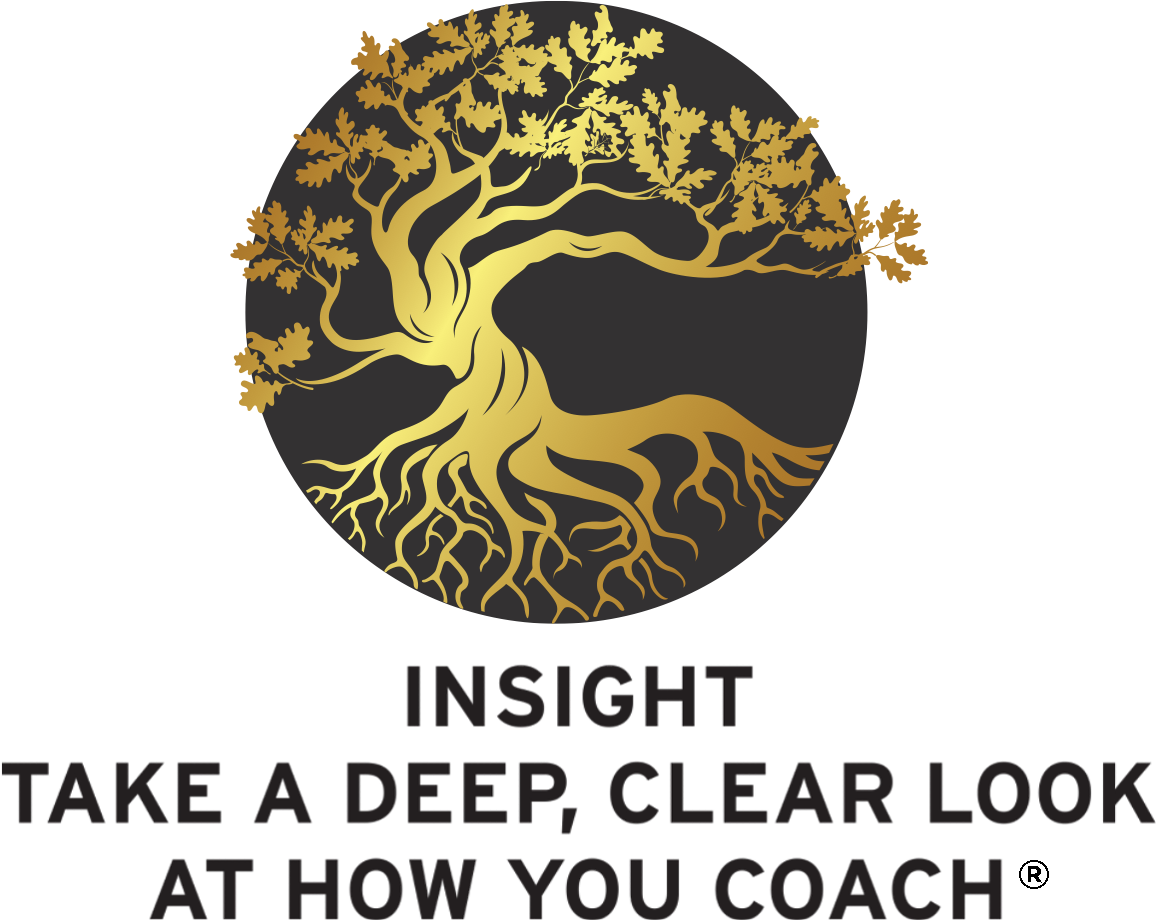Insight Take a Deep, Clear Look at How You Coach™ is a process for using observational data in your reflective practices. This is an opportunity for you to explore what you could learn through viewing video and audio recordings.
Are you curious about any of the following questions?
- How would it be to be able to watch a movie of yourself as a coach?
- How are you in relationship with your clients?
- What is your impact on them?
- When you say something or show up in a particular way, what more might you notice in their responses?
- What habits have your developed as a coach that you are unaware of?
- How accurately do you see yourself? What might surprise you?
Ready to explore?
In my own experiences of using recordings of my coaching sessions as part of my reflective practices I have gained fresh perspectives. As a supervisor, I invite small groups and individual coaches to bring their recordings or transcripts to our sessions.
Below are stories from the research which I use because I have the permission of the group, and the individual coaches. Note that great care was taken in seeking permission from the clients to bring the recordings to the group.
Shaping one’s coaching when imagining recording:
“One of the coaches in the group noticed that the possibility of recording a coaching session flooded her with worry that she wasn’t the masterful coach she thought she was. The thought of recording was both impossible for her to imagine doing and impacted how she coached. She noticed she was shifting in her client sessions toward what she thought was better coaching, what might be recorded as such. “Just the possibility of it…it has shaped my coaching even without having done it…just the idea of it.” She was unable to record; yet she saw positive shifts in how she was as a coach as a result of our working with recordings.”
Watching a recording with one’s trusted colleagues:
“One of the coaches brought a recorded video segment of a client session as her case. She introduced it briefly, noticing that she wanted to edit her story “to justify where I am with this client” and that she was quite uncomfortable listening to it again, because it was inconsistent with how she thinks of herself. We watched about 10 minutes together, bearing witness to what had happened in the coaching session. At the conclusion of the segment, the coach shared how difficult it had been to watch it again, and yet, she realized, it was more comfortable to watch and process with “people I trust to do it with me”. This was a key learning for her: that inquiring together with us was a safer place than on her own with her fierce inner critic.”
Seeing one’s development and movement toward mastery:
“One of the coaches had brought a few minutes segment of a recording of a client session. I asked her if we could start the inquiry by sharing what she had done well. Her automatic response was that she’d prefer for us to focus on the negatives. I wondered what would emerge if she could open up to more than that. If she could let go of her judgment, open her heart to the trusting connection with us, and let go of her need to control the focus. I did not share my reasoning with her, I merely inquired “Would it work for you for us to share what we loved about this part of the coaching session or not?”
She sat in resistance; embodying disbelief that anything went well. I held the silence while she processed. She continued to resist and promised to argue with any positive points by putting up her fists in the screen. She had not made that kind of gesture before. Then she shifted her stance slightly. With a deep breath she shared that since she could imagine no good things had happened, she was curious what we’d seen. She had opened a small part of herself to consider different possibilities and facts, to stay in heart-to-heart connection, to let go of her need to control the reflections.
We had moved, in those moments, to deep listening, described by Scharmer (2009) as having these “three conditions…unconditional witnessing or no judgment, impersonal love, and seeing the essential self” (p.187).
We took our time, moving slowly, to share with her what we had seen, and as we shared our observations with her, the coach began to experience a change in the aperture of her self-perceptions. She could see places we had described where she had been present, curious, engaged with the client. She discovered that she was negative about the session in large part because of a subsequent development that she could not have anticipated. She was holding herself responsible for what happened in another setting for her client. She came next to the “biggest question[s]”—was she staying transactional with the client rather than moving to explore the deeper emotions, and how did that relate to whether she was in coach stance or advisor/consultant stance? She discovered a recurring theme of moving from curiosity to knowing and then to advising, rather than coaching.”
I invite you to consider this approach, as part of your supervision, or as part of mentor coaching.
